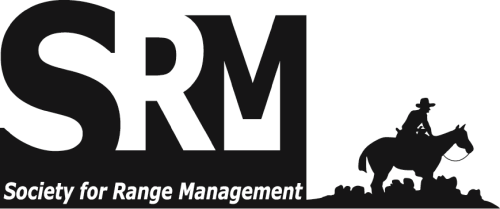Plants possess a wide variety of compounds and growth forms that are termed "anti-quality" factors because they reduce forage value and deter grazing. Anti-quality attributes can reduce a plant's digestible nutrients and energy or yield toxic effects. Herbivores possess several adaptive mechanisms to lessen the impacts of anti-quality factors. First, herbivores graze selectively to limit consumption of potentially harmful plant compounds. Grazing animals rely on a sophisticated system to detect plant nutritional value or toxicity by relating the flavor of a plant to its positive or negative digestive consequences. Diet selection skills are enhanced by adaptive intake patterns that limit the deleterious effects of plant allelochemicals; these include cautious sampling of sample new foods, consuming a varied diet, and eating plants in a cyclic, intermittent, or carefully regulated fashion. Second, grazing animals possess internal systems that detoxify or tolerate ingested phytotoxins. Animals may eject toxic plant material quickly after ingestion, secrete substances in the mouth or gut to render allelochemicals inert, rely on rumen microbes to detoxify allelochemicals, absorb phytochemicals from the gut and detoxified them in body tissues, or develop a tolerance to the toxic effects of plant allelochemicals. Understanding the behavioral and metabolic abilities of herbivores suggests several livestock management practices to help animals contend with plant anti-quality characteristics. These practices include offering animals proper early life experiences, selecting the appropriate livestock species and individuals, breeding animals with desired attributes, and offering nutritional or pharmaceutical products to aid in digestion and detoxification. The Journal of Range Management archives are made available by the Society for Range Management and the University of Arizona Libraries. Contact lbry-journals@email.arizona.edu for further information. Migrated from OJS platform August 2020

Scholarly peer-reviewed articles published by the Society for Range Management. Access articles on a rolling-window basis from vol. 1, 1948 up to 5 years from the current year. Formerly Journal of Range Management (JRM). More recent content is available by subscription from SRM.